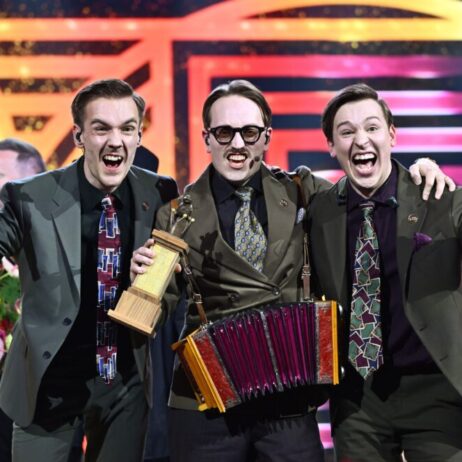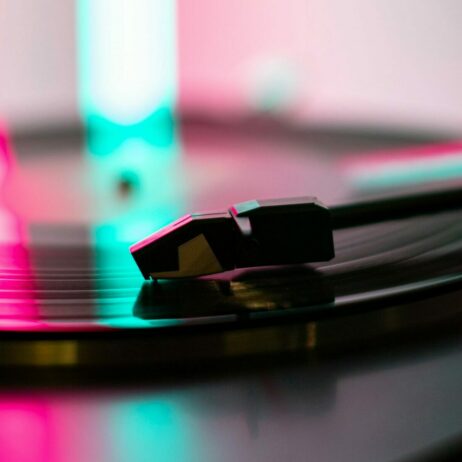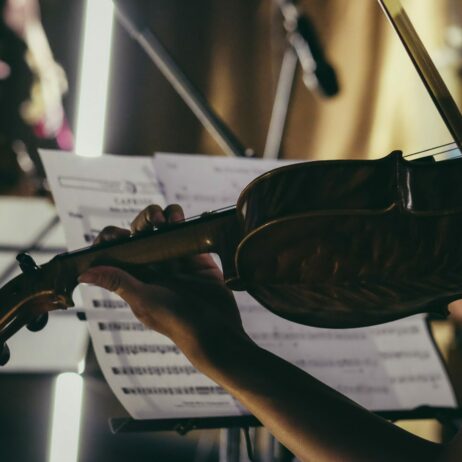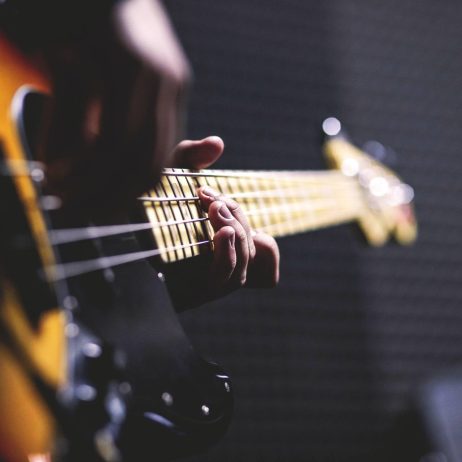Can big pop stars stop Trump from playing their music?
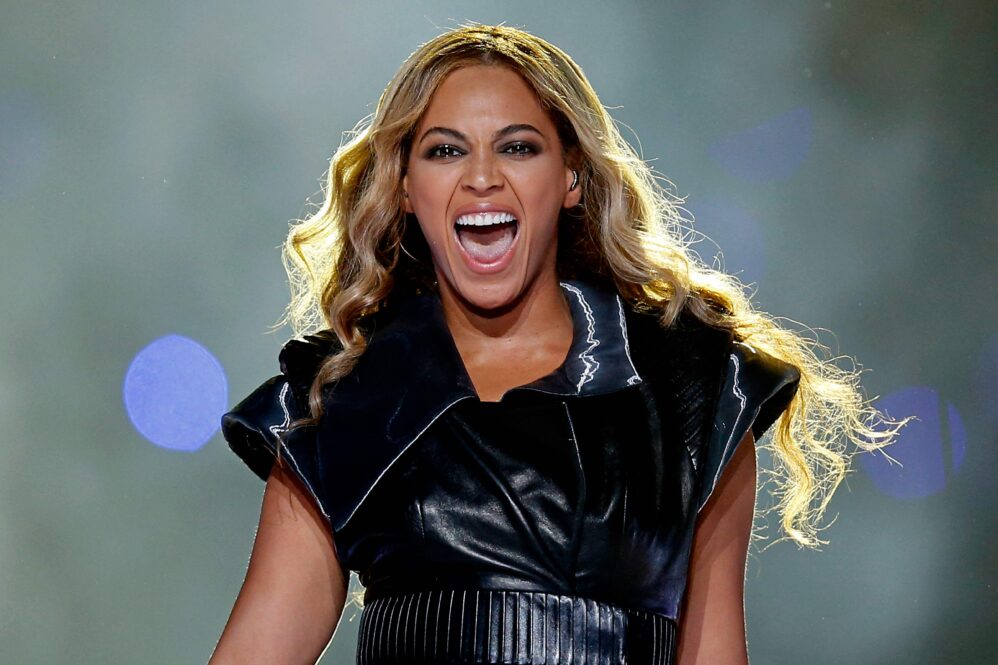
It is not unusual for politicians to use music by well-known artists in their campaigns. But it is unusual that so many pop stars have banned one politician – in this case, Republican presidential candidate Donald Trump – from using their music.
In early August, Beyoncé’s team threatened Trump with legal action after he used her song Freedom in an unauthorised social media video. The video was deleted, but soon the same pattern was repeated in Montana, when Trump’s campaign team played Céline Dion’s My Heart Will Go On without permission.
“In no way is this use authorized, and Celine Dion does not endorse this or any similar use… And really, THAT song?”, Dion’s contact wrote on X.
The list of artists upset about Trump ties doesn’t stop there: Last month, Abba, backed by their record label Universal, called on Trump to stop playing their songs at campaign events. Blues rocker Jack White threatened Trump with legal action, and the estate of soul artist Isaac Hayes filed a copyright infringement lawsuit against Trump.
A few days ago, Foo Fighters joined the resistance by saying they did not give Trump permission to use their song My Hero at a campaign rally in Arizona. The band promised to donate all royalties from the unauthorised use to the campaign of Democrat Kamala Harris.
But can Foo Fighters, Abba and co. really stop Trump from playing their music?
Licensing music from top artists and obtaining rights and permissions is an expensive and complicated business. Big movie studios regularly pay hundreds of thousands of dollars to get the rights to a single song, and brands can pay millions to have a well-known tune in their advertisements.
Political campaigns are no exception. Whether it’s an event, a meeting or a social media platform, music requires a licence.
In an interview with CNN in August, a Trump spokesperson asserted that the Trump campaign has been allowed to use music by, for example, Abba, because it has agreements with the US copyright organisations BMI and ASCAP.
Despite the licence, songwriters can object to the use of their music in political campaigns if, for example, the use of their work suggests that the artists are supporting a candidate they do not really support.
Therefore, a campaign should always seek approval for the use of music from the songwriters, the publisher and the artist’s record company.
This is not the first time Donald Trump has been ostracised by pop stars. When Trump ran for president in 2016 and 2020, several artists from Rihanna to Neil Young and the Rolling Stones to Guns N’ Roses made it clear that they did not want their music to be part of Trump’s campaign.
